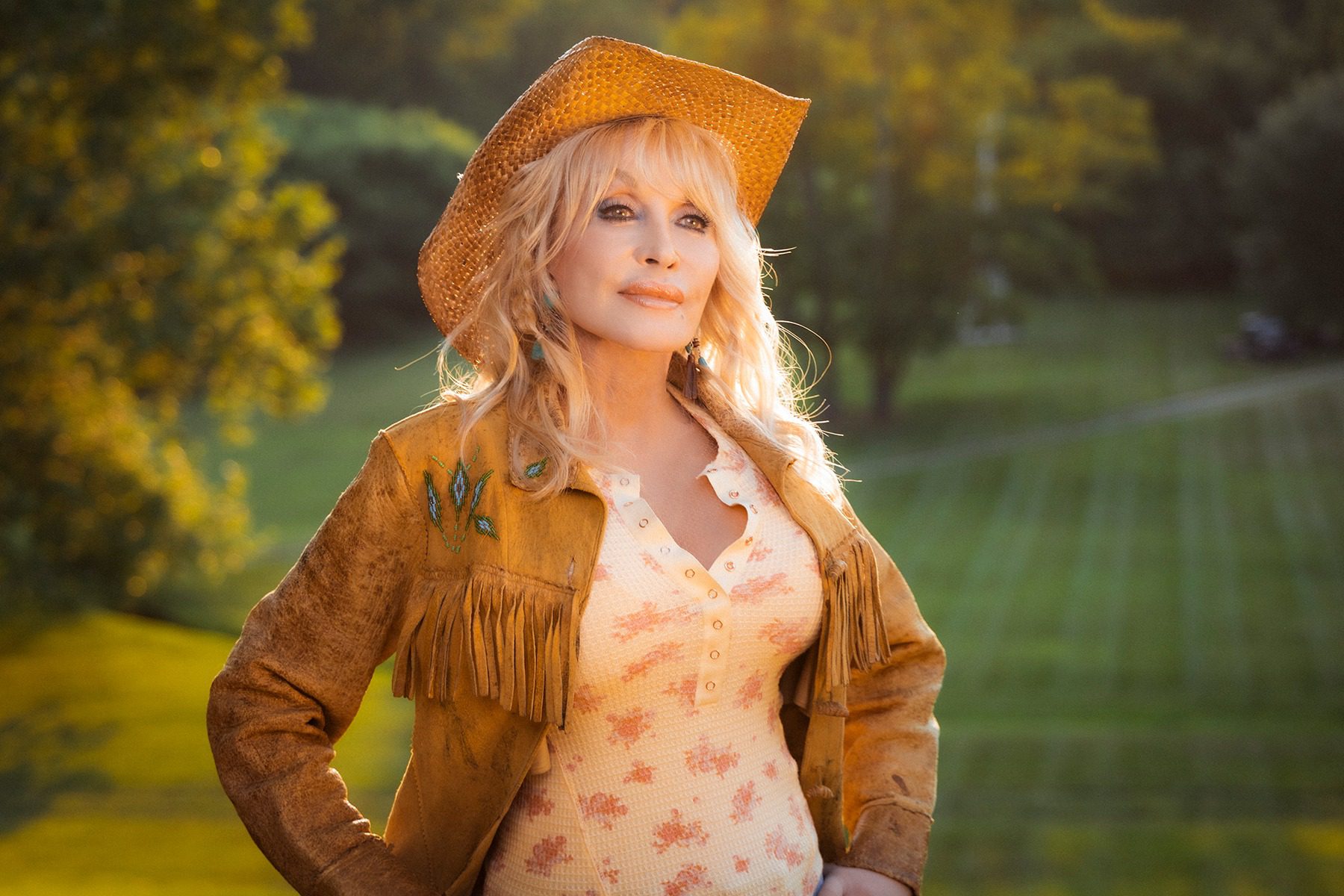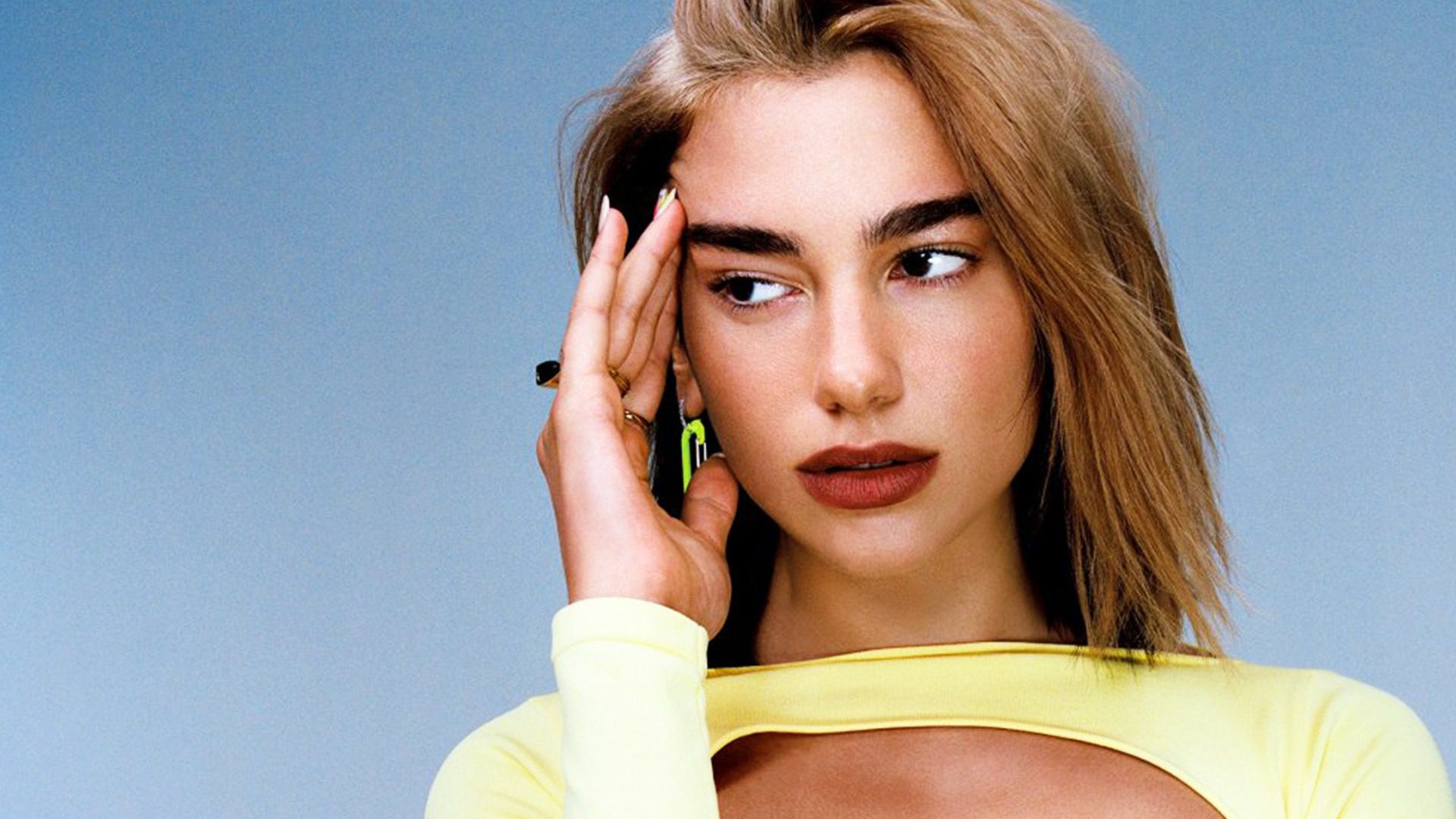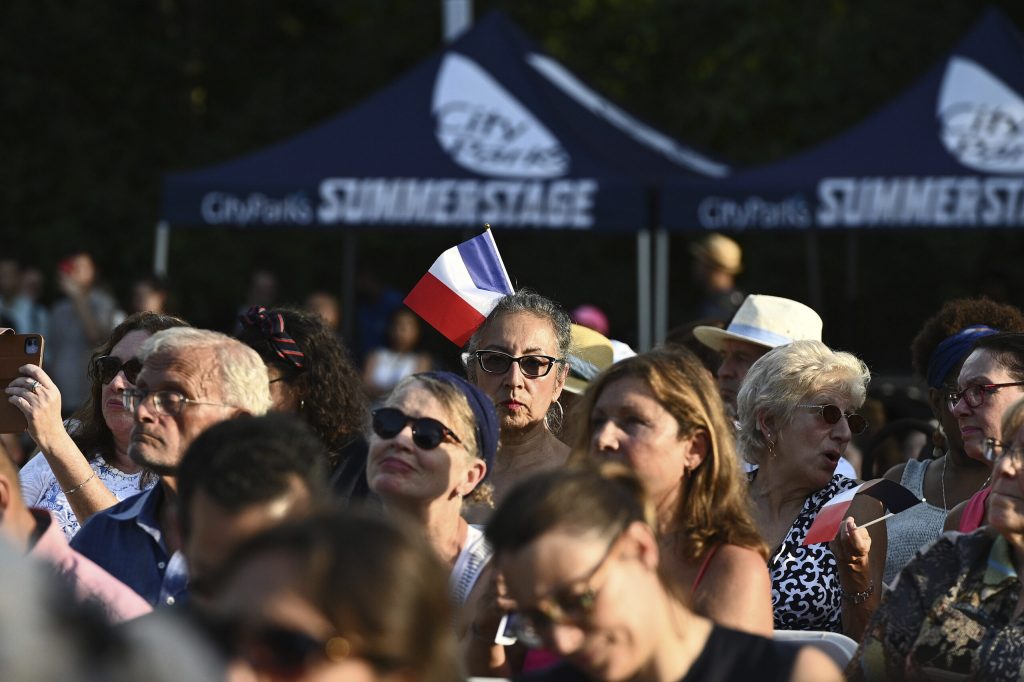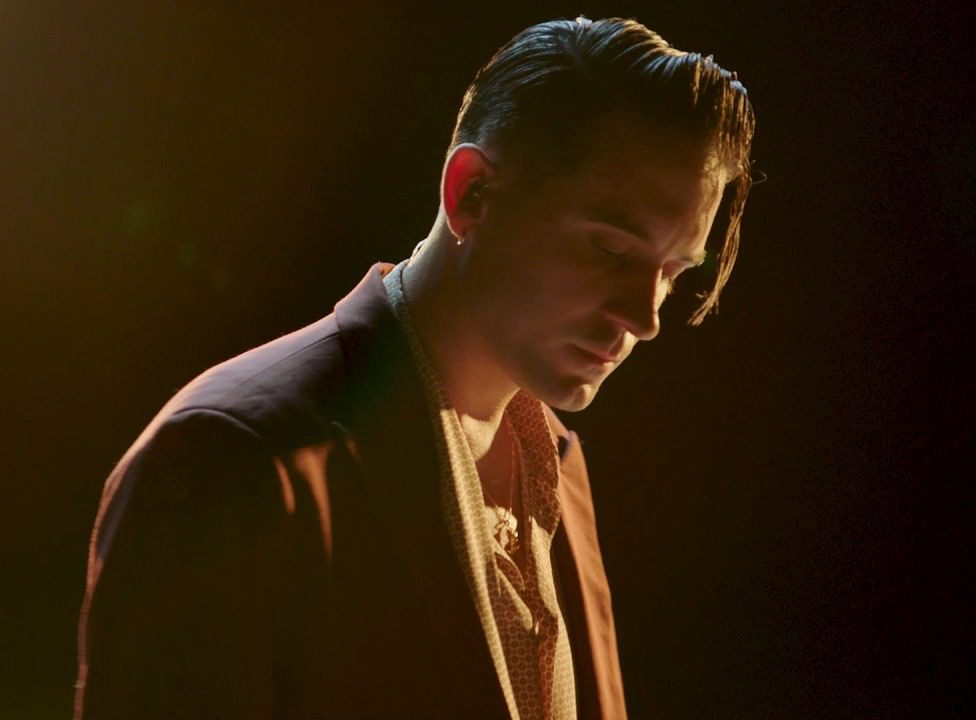
Dolly Parton’s ‘Run, Rose, Run’ Is a Sturdy Reminder of Her Songwriting Greatness and Vocal Command
Dolly Parton tends to release records for a reason. Unlike her Seventies contemporary Willie Nelson, who, at a dozen years her senior, records albums for no other purpose than to suit his own whims, Parton’s release schedule over the past half-dozen years has largely served as an extension of her unceasing global brand: 2016’s Pure & Simple, her last album of adult originals not directly tied to a larger piece of Dolly multimedia, launched a worldwide tour and kickstarted the ongoing Parton revival. In the years since, there have been a series of kids records (2017’s I Believe in You), soundtrack albums (Dumplin’), and holiday collections (2020’s A Holly Dolly Christmas).
The latest Parton project is Run, Rose, Run, a bluegrass-tinged set of originals that serves, naturally, as a companion to the forthcoming mystery novel Parton co-authored with best-seller James Patterson. As a bonus add-on to the book, Run, Rose, Run works far better than anyone could hope for: the songs themselves, all written by Parton, are sturdy studies in traditional country, with several unexpected stunners. But Run, Rose, Run, which feels mired by its tossed-off production, falls short of thriving on its own terms as a studio album.
blogherads.adq.push(function () {
blogherads
.defineSlot( ‘medrec’, ‘gpt-dsk-tab-article-inbody1-uid0’ )
.setTargeting( ‘pos’, [“mid-article”,”mid”,”in-article1″,”mid-article1″] )
.setSubAdUnitPath(“music//article//inbody1”)
.addSize([[300,250],[620,350],[2,2],[3,3],[2,4],[4,2],[640,250]])
;
});
First, the highlights: This album shows off Parton’s dexterity — as vocalist and writer — in a wide range of country and roots styles, from the traditional Eighties-style duet “Demons” with Ben Haggard (Merle’s son), to the chilling Appalachian balladry of “Blue Bonnet Breeze,” to the fast-paced Stanley Brothers-indebted mountain music of “Dark Knight, Bright Future.” It’s a thrill to hear Parton, at 76, so firmly in command of her own artistry.
The main fault of Parton’s latest, then, apart from the sense that the album needs a companion novel to make sense of its own narrative, is its lackluster production. The record’s high Nashville gloss feels dated and applied indiscriminately, tending to flatten out the breakneck bluegrass originals (“Run”) while depriving the record’s most introspective moments of their drama. Parton sings about the devastating effects of holding secrets too long on “Secrets,” but the song’s arrangement (cheesy background vocals, sleek electric guitar, and tinkling keys) feel like their own protective layering preventing Parton’s song from expressing itself.
Run, Rose, Run is an impressive display of Parton’s songwriting and vocal mastery that nevertheless leaves one hoping she one day releases the classic late-era record she’s so clearly primed to make, should she choose.




